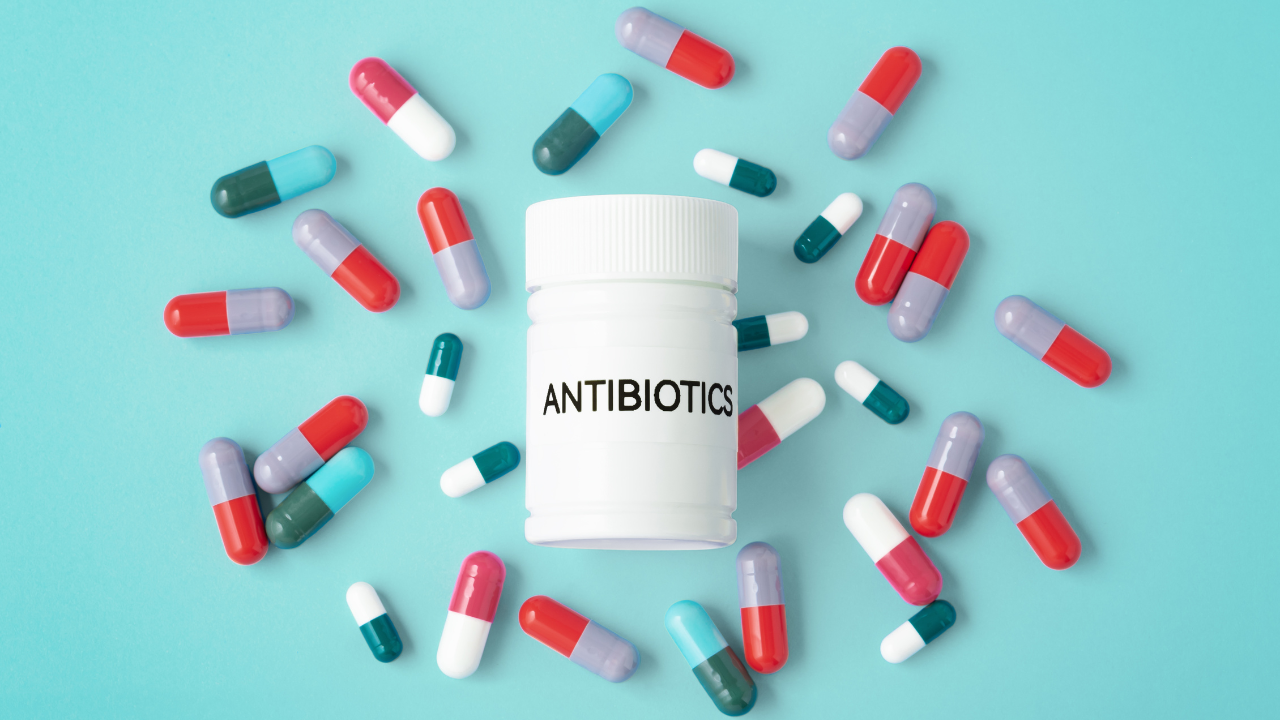
Is Your Medication Silently Sabotaging Your Immune System? Find Out Now!
When we are prescribed a medication, we take it, expect relief and hope that’s that but what if that same pill is quietly changing the trillions of microbes living in our gut? Recent research published in the American Society for Microbiology’s Journal mSystems shows that many commonly-used drugs do not just act on your symptoms but can also alter your gut microbiome, sometimes for years afterward.The authors noted, “Medication usage is a known contributor to the inter-individual variability of the gut microbiome… We show that past usage of medications is associated with the gut microbiome.” The study focused on medication use years before sampling, revealing that the drugs you stopped may still be shaping your gut ecosystem today. Take a look.
What the study found
The study examined 2,509 adults from the Estonian Biobank’s Microbiome cohort. They used metagenomic stool-sample data plus detailed prescription records going back years to explore how past and current medication use affects gut microbial composition.

How Antibiotics, Antidepressants And More Are Changing Your Gut Forever
Keyfindings:
- Of 186 medications analysed, many were associated with measurable changes in gut microbiome composition.
- Past usage, even years before the stool sample, was significantly linked with gut microbial changes.
- The effect was additive: The more frequent/longer the drug use, the stronger the microbiome impact.
- Not just antibiotics: Medication classes such as benzodiazepines, proton-pump inhibitors (PPIs), beta-blockers, antidepressants and glucocorticoids were all implicated.
- Microbiome diversity affected: Certain medications were linked to reduced gut microbial diversity, which is associated with impaired gut health and increased risk of metabolic and inflammatory conditions.
In simple terms, your gut remembers old medication use and it may still influence how your gut bacteria look and act today.
Why this matters for your health
You should care about your gut microbiome because it is more than just digestion. It influences immunity, metabolism, mood and even how your body responds to medications and disease.
The study warns that when essential drug impacts are ignored, they become “hidden confounders” in microbiome research and may also mean unseen health effects for individuals.

Doctors Warn: Past Medication Use Leaves Toxic Footprints on Your Microbes
Imagine you take a PPI for reflux or a benzodiazepine for anxiety and years later your gut microbial diversity is lower, your metabolism altered, your immunity nudged. The drug solved one problem but left a footprint behind.
What you can do: Support your gut ecosystem
You may need medications and you should not stop them without your doctor’s go-ahead but you can be proactive about preserving and restoring your gut health.
- Discuss medication history with your doctor — Ask if there are alternatives with smaller long-term gut-impact (the study authors suggest this may be worth considering).
- Prioritise a high-fibre, diverse diet — Whole grains, leafy veggies, legumes and nuts feed beneficial microbes.
- Include fermented/prebiotic foods — Yogurt, kefir, kimchi, sauerkraut, inulin-rich foods support microbial diversity.
- Avoid unnecessary medications — Antibiotics, PPIs and benzodiazepines in particular showed strong microbiome effects in the study.
- Exercise, sleep and manage stress — Lifestyle factors impact the gut-brain axis and can mitigate microbial disruption.
- Stay hydrated and avoid prolonged fasts — Gut motility and microbiome transit benefit from regular fluid intake.
Bottom line
The take-home message is that medications can save lives, control disease and improve quality of life but they may also come with “collateral” effects on your gut microbiome that linger far longer than you might imagine. The study authors shared, “Most microbiome studies only consider current medications, but our results show that past drug use can be just as important.” If you have been on multiple drugs for long-term, consider your gut as a part of your care plan. It is not just about taking pills, it is about living well while taking them. Protect the ecosystem that protects you.Note: The information provided in this article is for educational purposes only and is not intended as medical advice. Always consult with a healthcare professional before starting any new medication or treatment.